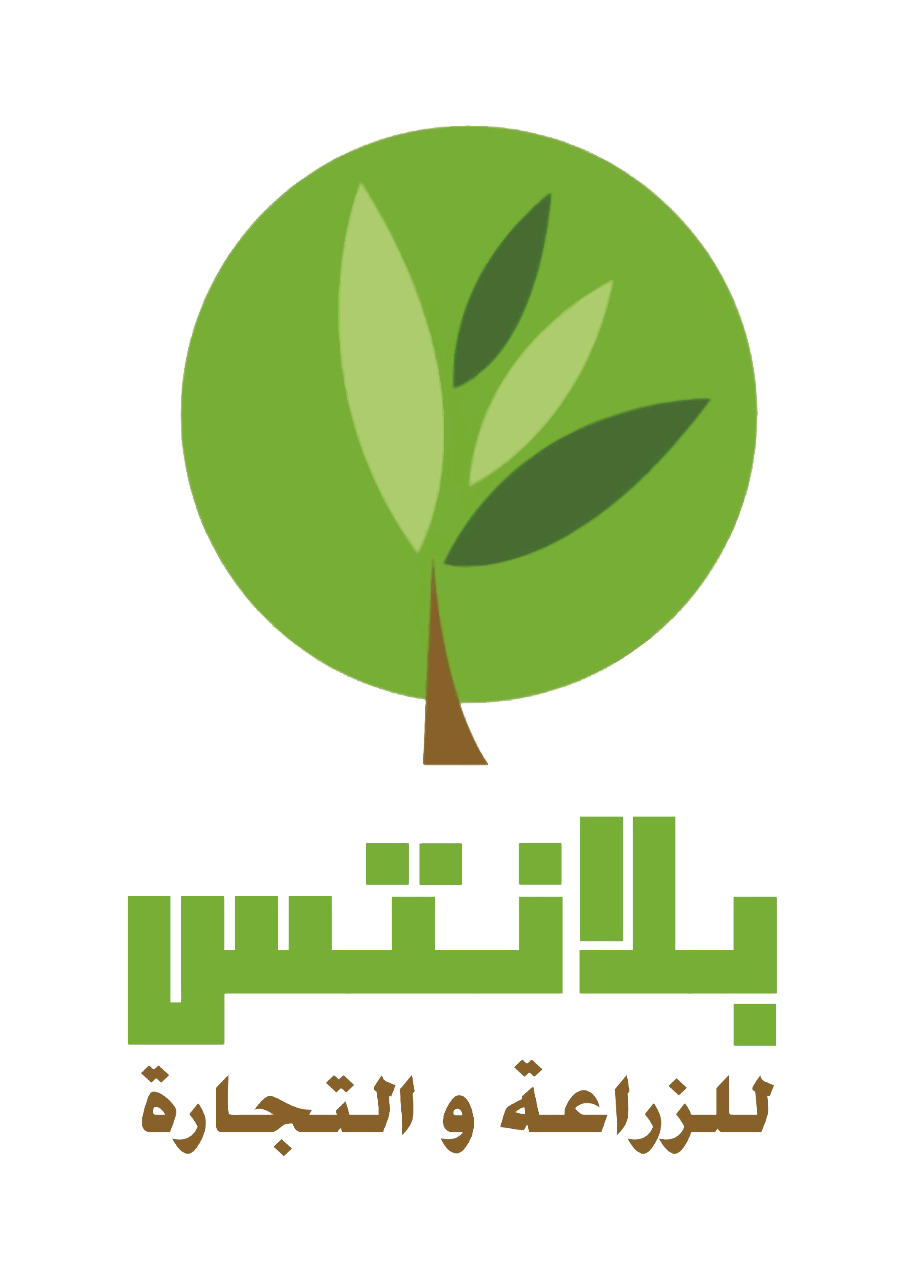- 15 Apr 2011
New humanitarian food security platform launched
15 April 2011, Rome - The United Nations food agencies — FAO and the World Food Programme (WFP) — have launched a food security platform to improve the coordination of food security responses in humanitarian crises.
The Food Security Cluster — led by the two organizations — is based in Rome. Its work is spearheaded by a small global unit led by Graham Farmer, the newly appointed Global Cluster Coordinator. The global support team includes FAO, WFP, non-governmental organizations (NGOs) and the International Red Cross and Red Crescent Movement and other humanitarian organizations.
"The support of the NGOs and the International Red Cross/Red Crescent Movement has been vital in setting up the Global Food Security Cluster," said FAO Deputy Director-General (Operations), Changchui He.
"We share the common belief that working together at the international and country levels to better coordinate food security responses in crisis situations — from food assistance to support to food production and rebuilding agriculture-based livelihoods — can effectively improve the lives of people around the world affected by disasters and emergencies," he added.
"Reaching hungry people with life-saving food in emergencies involves many partners working together and the new Global Food Security Cluster will be a powerful tool to support coordination at all levels and maximise our food assistance efforts," said WFP Deputy Executive Director and Chief Operating Officer, Amir Abdulla.
Supporting national initiatives
Food security clusters are already helping to coordinate food security responses in more than 25 countries worldwide that have been affected by large-scale natural disasters, conflicts or protracted crises. The new Food Security Cluster provides an international platform for supporting these country-level food security initiatives.
From now on, country-level food security clusters and their members will be able to draw upon support in five crucial areas: tools and guidance on how to coordinate responses more effectively; filling gaps in human resources in acute emergency situations; capacity building and training to build the skills of food security stakeholders in countries so that they can coordinate more effectively; improved information and knowledge-management; and strengthened and better coordinated advocacy on food security responses in both countries affected by emergencies and at the global level.
The Humanitarian Aid department of the European Commission (ECHO) has provided generous support to ensure the Food Security Cluster's start-up and first year of operations. Additional funding for surge support and capacity building has been provided by the UK Government's Department for International Development (DFID) and for information management by the Ministry of Foreign Affairs of Finland.
